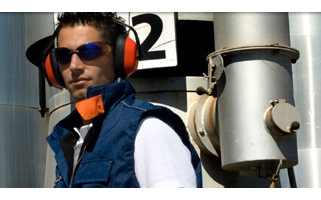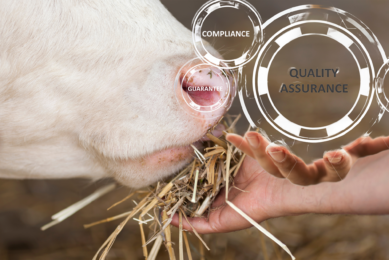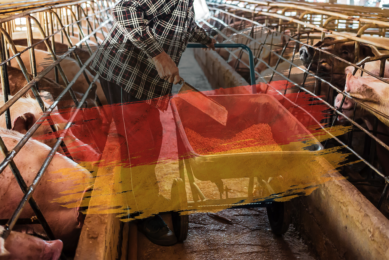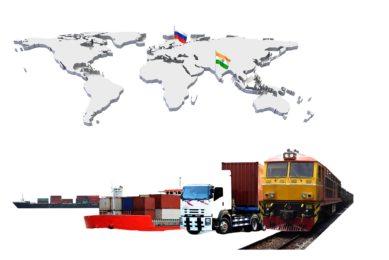Revision completed for EU guide on safe feed materials

The European Commission and the EU member states have revised and endorsed the new ‘European Guide for safe feed materials’.
This European guide, developed for and by the industry, is based on EU and national legislation. It provides clear and transparent guidelines for the manufacturers of feed materials on management, Pre Requisite Programme, HACCP monitoring, traceability and incident management in combination with risk assessments by product and process. It is aimed to strengthen the feed safety culture and further improve the level of feed safety for the feed and food chain on the European market.
Biodiesel and Salmonella added
The revised version of the Guide has been developed in a common process by the European starch industry (Starch Europe), the European vegetable oil and protein meal industry (FEDIOL), the European Biodiesel Board (EBB) and EFISC. In the new version, requirements for the (operational) prerequisite programme and contaminant monitoring have been strengthened and the sector specific risk assessments have been updated amongst others. Furthermore the scope has been extended with feed materials coming from biodiesel production. In addition, a Salmonella factsheet and Salmonella auditor checklist have been introduced in order to provide guidance to the operator to further reduce and minimize a possible Salmonella contamination in protein meal.
Over 80 locations are involved
This European Guide serves as a basis for the European Feed Ingredients Safety Certification Scheme (EFISC). Requiring third party certification, the scheme is in line with international standards (ISO/IEC 17021 supplemented with ISO/TS 22003, food safety management system) and is endorsed by the European Accreditation Body. So far, over 80 of the major production locations in 14 EU countries have been certified in compliance with the EFISC requirements. This represents over 40% of the processed feed materials in the EU.
The new version of the documents can be found on the EFISC website.











